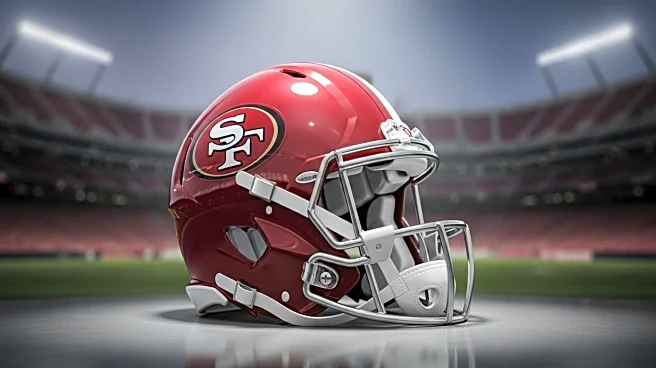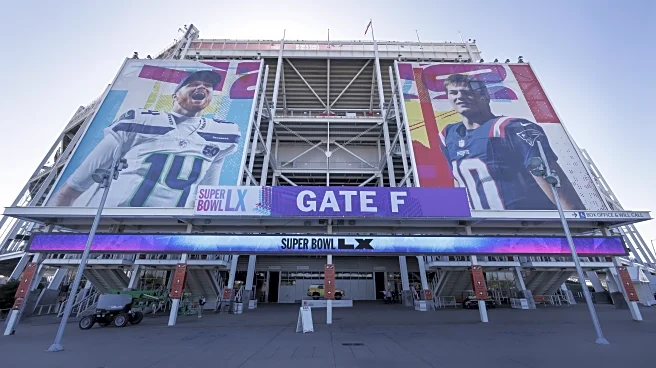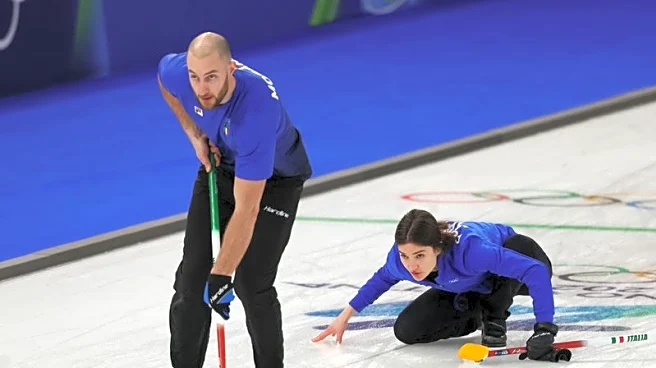What is the story about?
What's Happening?
Brock Purdy, the quarterback for the San Francisco 49ers, is dealing with a toe injury sustained during Week 1 against the Saints. Despite missing two games, Purdy returned to play against the Jaguars last Sunday. However, with a quick turnaround for the upcoming Thursday night game against the Rams, Purdy is facing difficulties in recovering fully. He expressed concerns about the limited time available to heal, stating that playing might lead to soreness. Coach Kyle Shanahan emphasized that Purdy's ability to play will depend on whether he can perform at 100% and protect himself adequately. Purdy is determined to play if possible, as the team aims to secure a win against the Rams.
Why It's Important?
The situation highlights the challenges players face with short recovery periods between games, particularly in the NFL where physical demands are high. Purdy's injury and the decision on his participation could impact the 49ers' performance against the Rams, a crucial matchup given both teams' 3-1 records. The outcome of this game could influence playoff standings and team morale. Additionally, it raises broader concerns about player safety and the scheduling of games with minimal recovery time, potentially prompting discussions on league policies regarding player health.
What's Next?
The decision on whether Purdy will play is expected to be made closer to game time, based on his recovery progress and ability to perform safely. If Purdy is unable to play, Mac Jones, who has recovered from a knee injury, may step in as quarterback. The 49ers will need to strategize accordingly to maintain their competitive edge against the Rams. The team's medical staff will likely monitor Purdy's condition closely, and adjustments to training and recovery protocols may be considered to better support player health in future short-week scenarios.
Beyond the Headlines
This situation could spark discussions on the ethical considerations of player health versus team performance. The NFL may face pressure to reevaluate its scheduling practices to prioritize player well-being. Long-term, this could lead to changes in how teams manage injuries and recovery, potentially influencing league-wide policies. The balance between competitive success and player safety remains a critical issue in professional sports.

















